
Business
Propane vs Diesel: Which Fuel Is Right for Your Fleet or Facility?

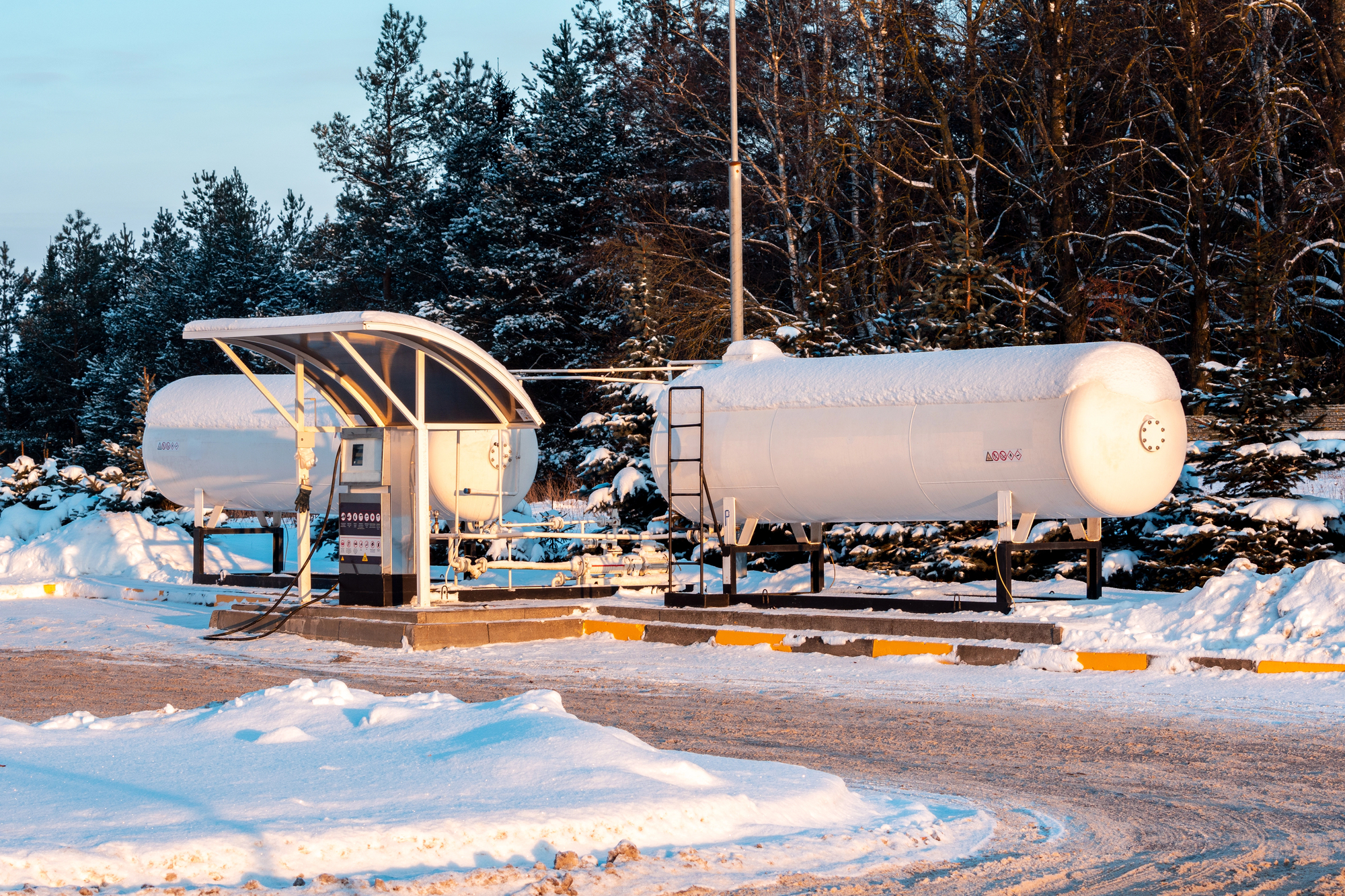


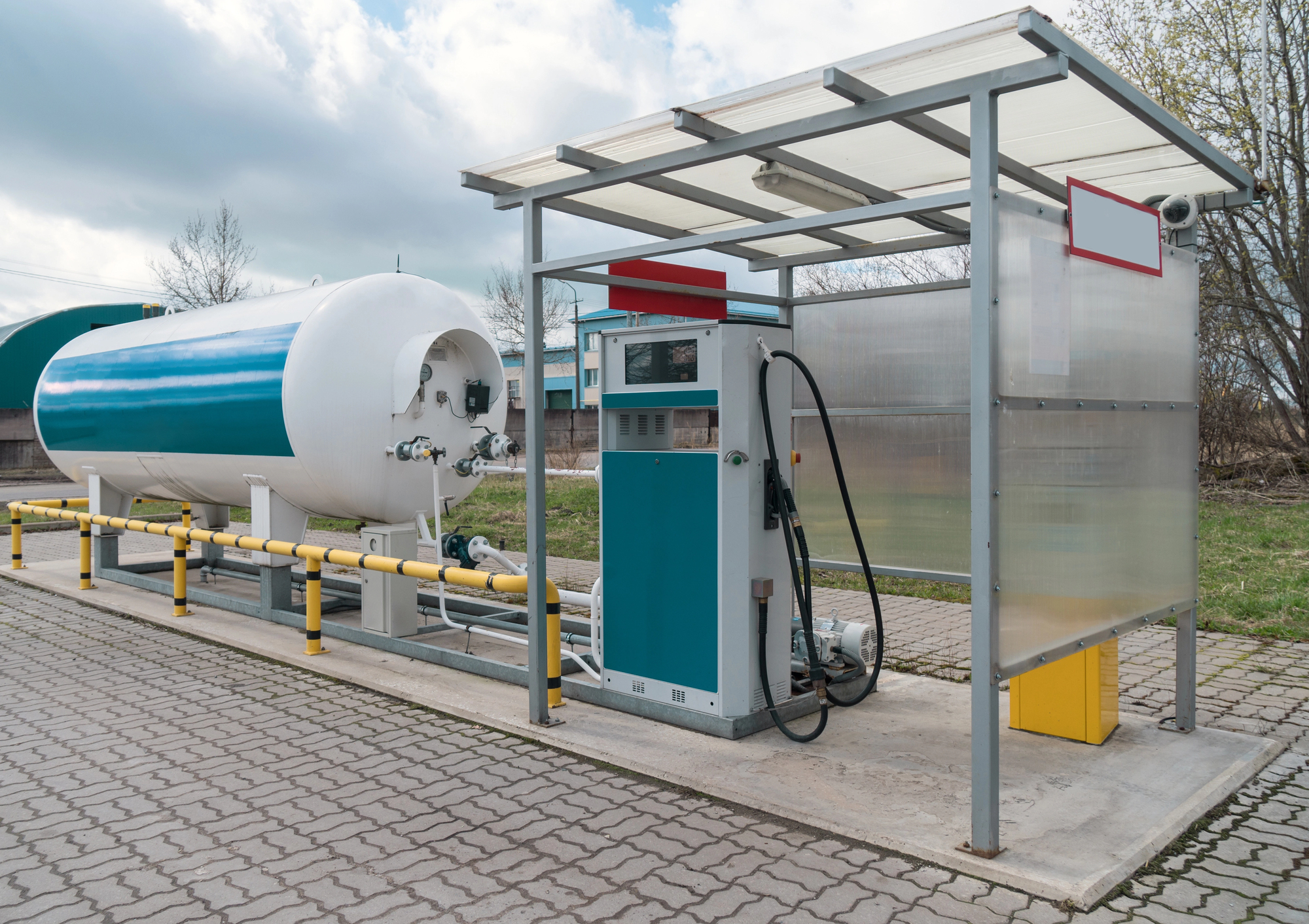
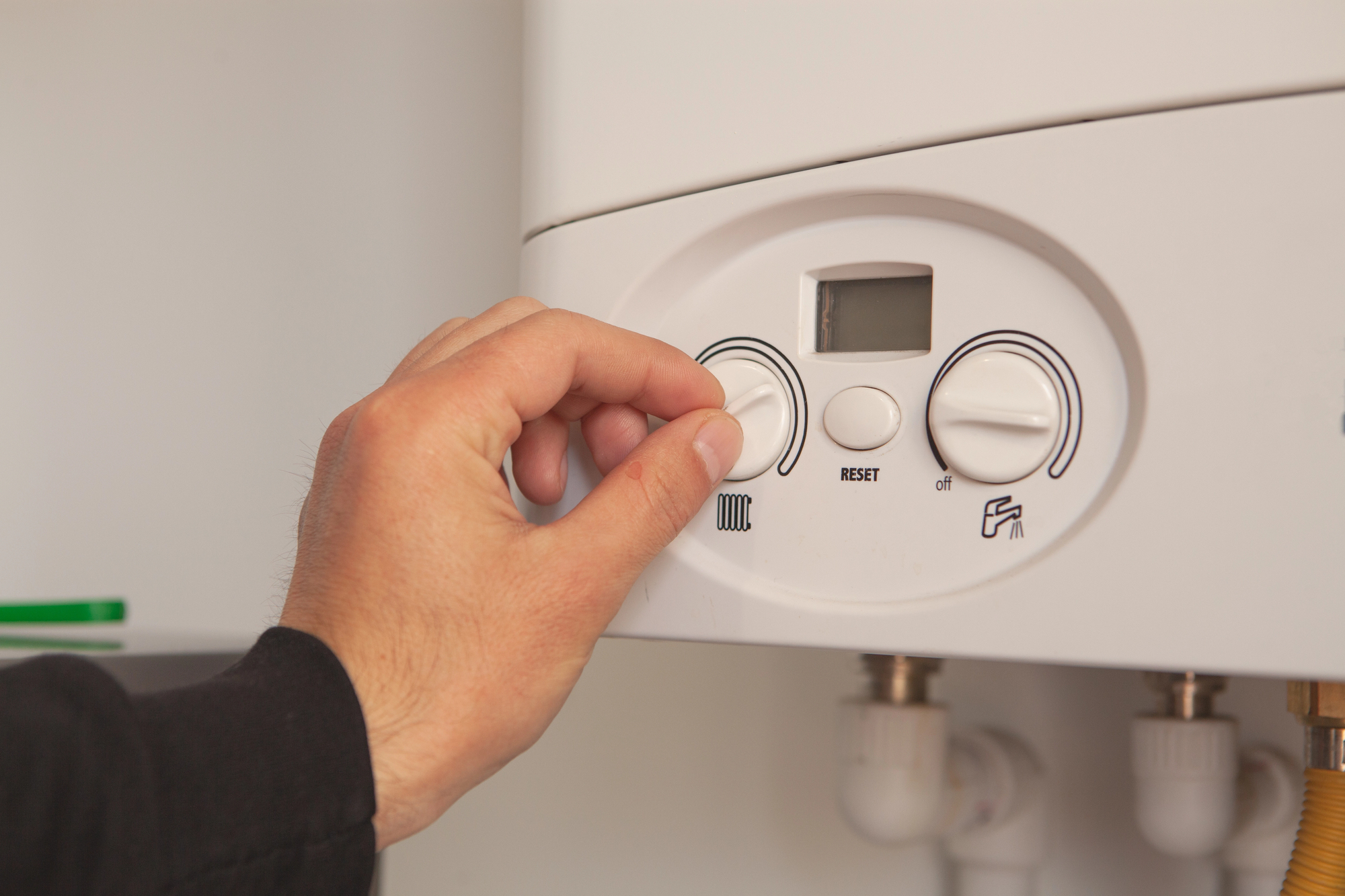
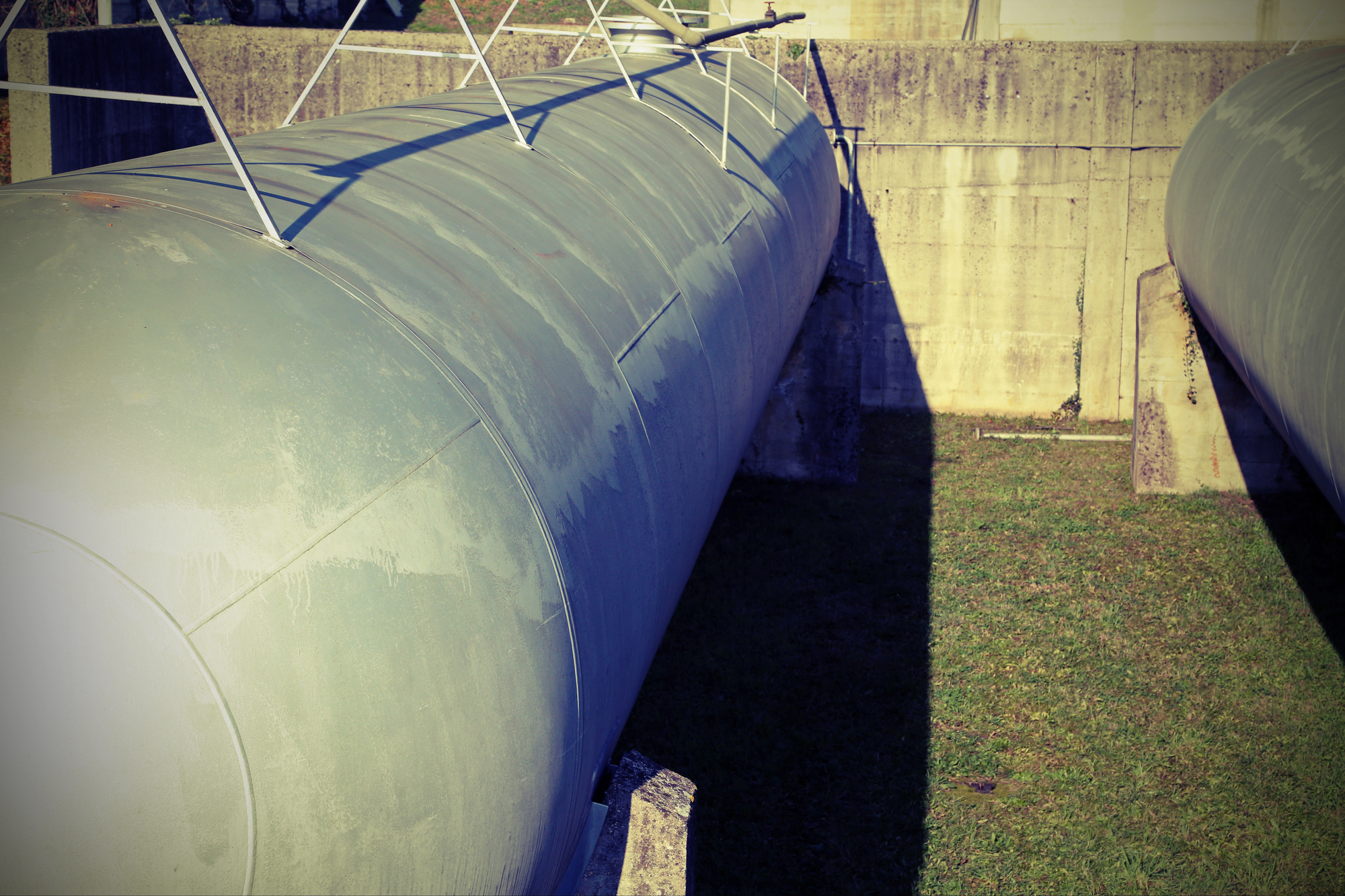



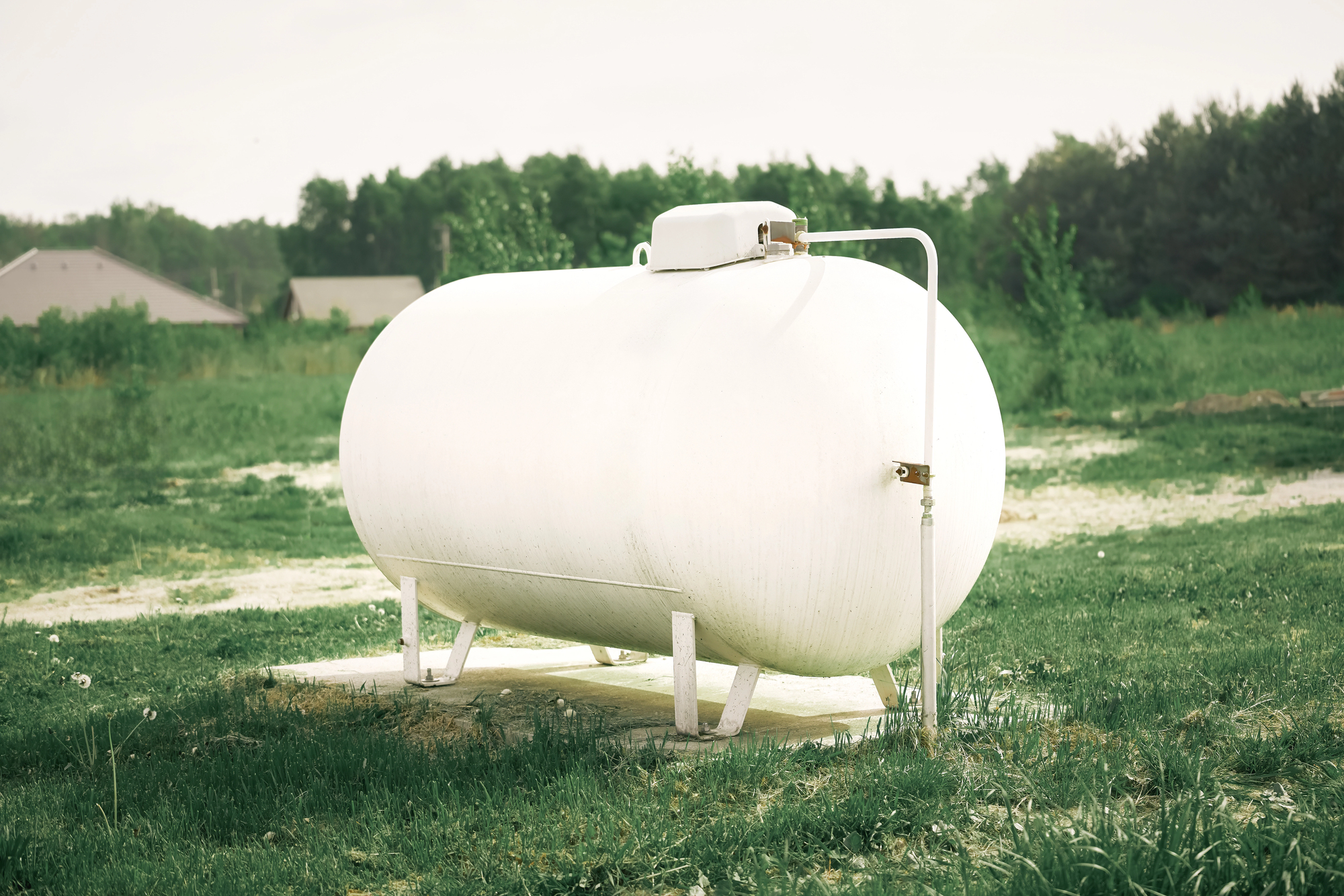
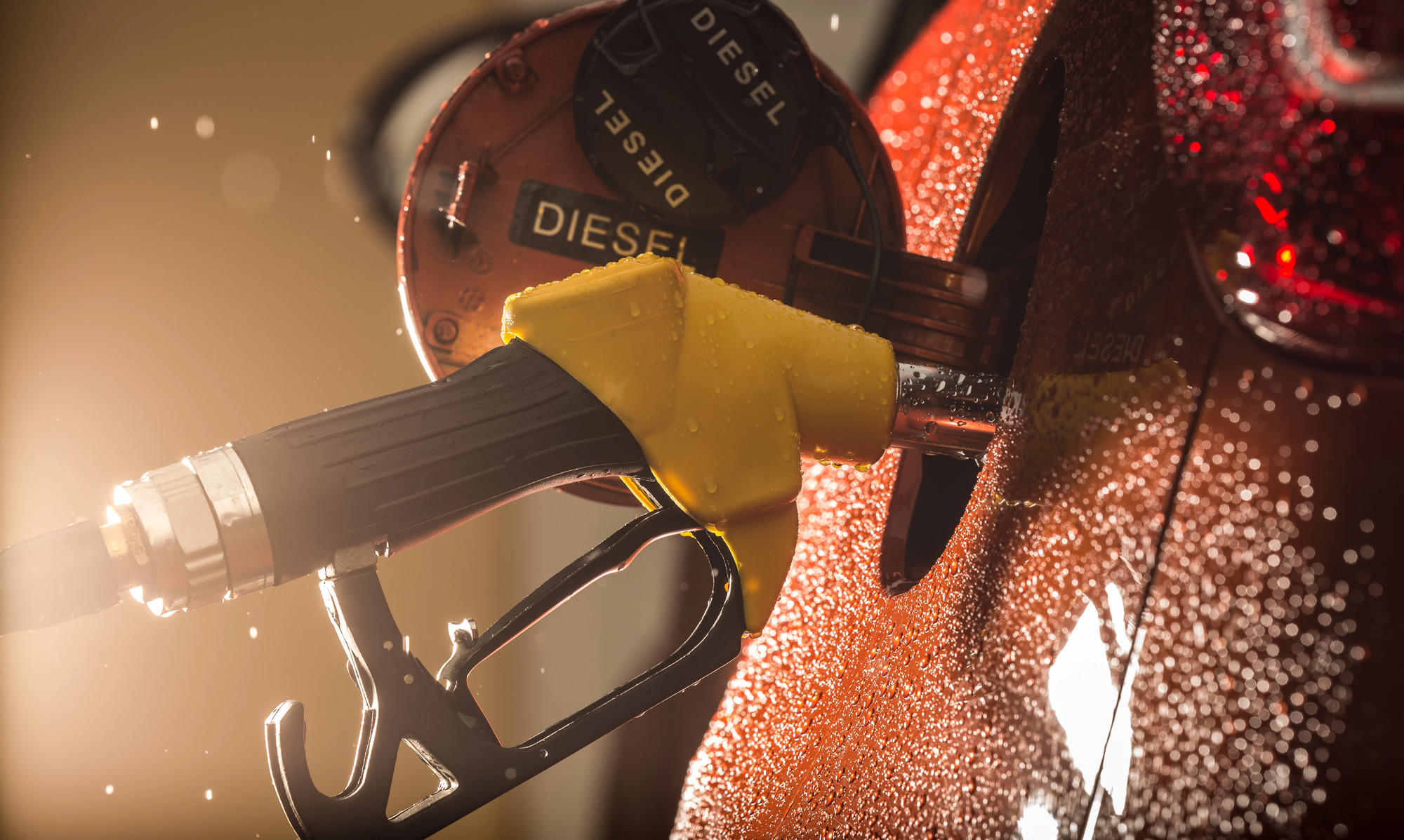
























Choosing the right fuel for your operation is about more than just price at the pump. Whether you're running a commercial fleet, powering warehouse equipment, or keeping critical systems online, your choice between propane and diesel can affect your budget, maintenance needs, and long-term performance.
At Otte Oil, we supply both fuels and help businesses make smart, strategic decisions based on their specific needs. In this post, we’ll break down the key differences between propane and diesel to help you decide which is the better fit for your fleet or facility.
Fuel Efficiency and Power
Diesel is known for its high energy density, which means it delivers more power per gallon. It’s especially effective for heavy-duty applications like trucking, farming equipment, and generators that need long runtimes and high torque.
Propane offers slightly lower fuel efficiency than diesel, but it performs exceptionally well in lighter-duty vehicles, indoor equipment, and smaller generators. Because propane burns cleaner, it also contributes to less wear and tear on engines over time.
Emissions and Environmental Impact
If lowering emissions is a priority, propane has the edge. It’s classified as a clean-burning fuel and produces significantly fewer particulates and greenhouse gases than diesel. Propane also doesn’t require diesel particulate filters (DPFs) or diesel exhaust fluid (DEF), which can simplify maintenance.
Diesel engines have improved over the years with cleaner-burning technologies, but they still produce more carbon dioxide, nitrogen oxides, and particulate matter compared to propane. For companies focused on sustainability or looking to meet emissions regulations, propane can be a smart move.
Cost and Availability
Fuel prices fluctuate, but propane tends to be more stable and less sensitive to global market shifts than diesel. Depending on your region and usage, propane can offer lower operational costs, especially when used in high volumes or with long-term supply contracts.
Diesel remains widely available and is often easier to source on the road, which can be an advantage for mobile fleets or long-haul operations. However, diesel-related maintenance costs can add up quickly if you're dealing with fuel system issues, filter replacements, or engine buildup.
Storage and Safety
Both propane and diesel can be stored on-site, but they require different equipment. Propane is stored under pressure in sealed tanks and requires special fittings and safety valves. Diesel, on the other hand, is stored in vented tanks but is more prone to contamination if not managed properly.
Propane is non-toxic, has a lower risk of spills, and evaporates quickly, making it a safe choice for indoor or environmentally sensitive locations. Diesel, while stable, can create environmental hazards if leaked or spilled.
Maintenance Considerations
Diesel engines are known for their durability, but they come with complex systems that need regular upkeep. This includes fuel filters, DEF systems, and emissions controls. Cold weather can also lead to gelling, requiring anti-gel additives or fuel treatments.
Propane engines are cleaner-burning and often require less frequent maintenance. There’s no risk of fuel gelling in cold temperatures, and the engines typically run quieter than diesel-powered counterparts.
So, Which Fuel Is Right for You?
If you’re running heavy-duty vehicles, need maximum power, or operate in remote areas, diesel is often the preferred choice. But if you’re focused on cleaner emissions, lower maintenance costs, and indoor or light-to-mid-range applications, propane could be the better option.
At Otte Oil, we offer both fuels, along with expert guidance to help you make the most cost-effective and efficient choice. Whether you’re fueling a fleet, heating a facility, or running backup systems, we’ll help you match the right product to your operation.
